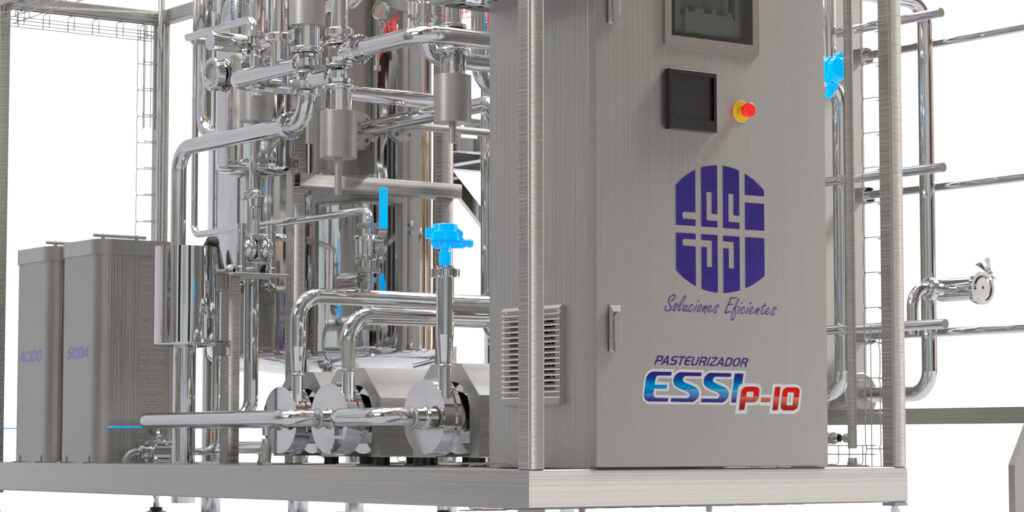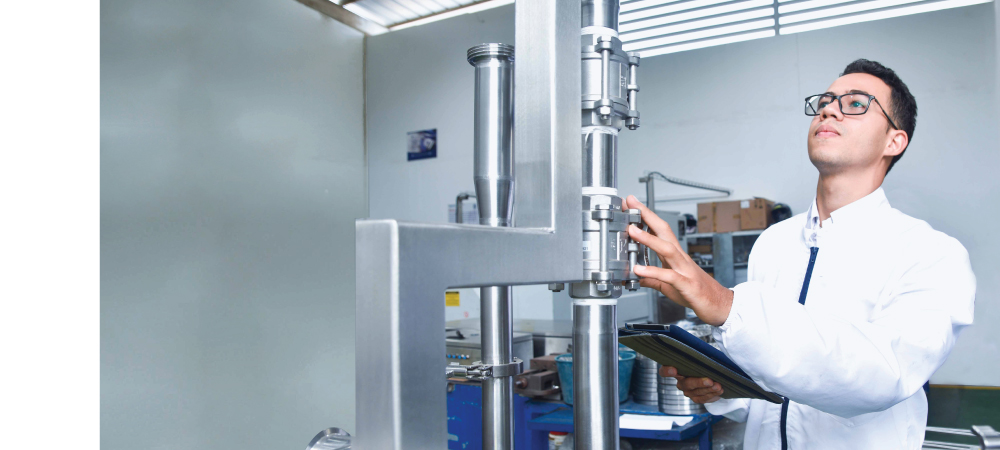
Due to its composition, milk degrades quickly since it presents the ideal conditions for bacterial growth: water, proteins, fats and sugars. There are currently ways to guarantee their food safety; however, in the past, milk was the origin of multiple infections and diseases.
Everything changed in the 19th century, when bacteriologist chemist Louis Pasteur developed “pasteurization,” which was named in his honor. To remember, it is a process in which the milk is heated to 72°C – 76°C /15 seconds, which allows the time of its degradation to be delayed, due to the lower contamination it presents.
The road to food safety
This basic principle is developed today in a large number of food industries, combining different temperatures and times. For food safety, legislation currently requires milk and its dairy products to be subjected to heat treatment.
Depending on the temperature and time, some or other bacteria and/or enzymes are eliminated, obtaining a product that maintains the most suitable organoleptic characteristics for human consumption.
UHT: one of the most used heat treatments

Ultra-high-temperature milk (UHT) or long-life milk is the product that, for food safety, is obtained by continuous flow thermal process. Which is applied to raw or thermosed milk at a temperature between 137 °C and 142 °C and times between 2 and 4 seconds.
In this way, the effective elimination of heat-resistant bacteria is verified and immediately cooled at room temperature and aseptic packaging in sterile containers with barriers to light and oxygen, hermetically sealed.
To ensure food safety, after packaging the product is stored correctly to ensure commercial sterility without altering the nutritional value or the physicochemical and organoleptic characteristics of the milk.
This important process allows milk to be marketed at room temperature, according to Decree 6161 of 2016, which stipulates the minimum requirements that it must meet to be suitable for processing, packaging and sale.
A fundamental process

One of the objectives of the food industry is to offer aseptic, safe products with high nutritional value. Under that line, ESSI is concerned with contributing to food safety in the industry, which is why it provides an extensive portfolio of packaging, process and end-of-line machinery that allow to guarantee the quality of production, save resources and time, generating greater profitability.
In addition, it has a technical support team with the tools and complete knowledge to provide accompaniment at all times. Go to the website essi.com.co And/or get in contact here to know the full range of solutions for the ideal production of milk and its derivatives.
